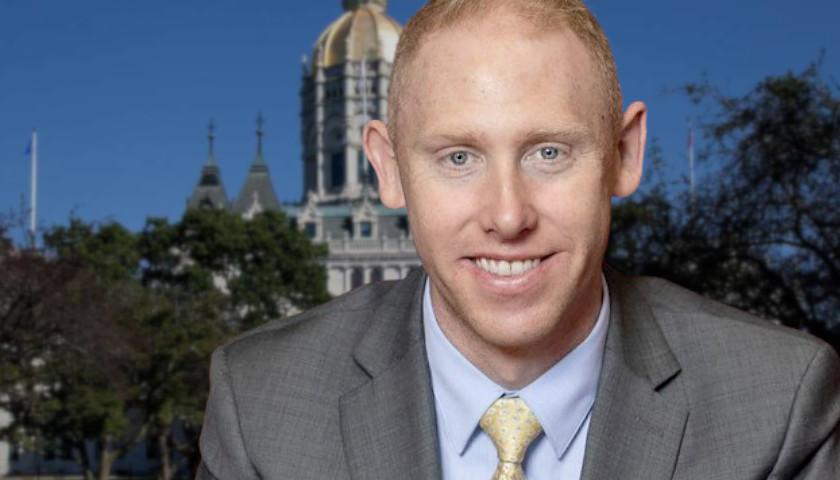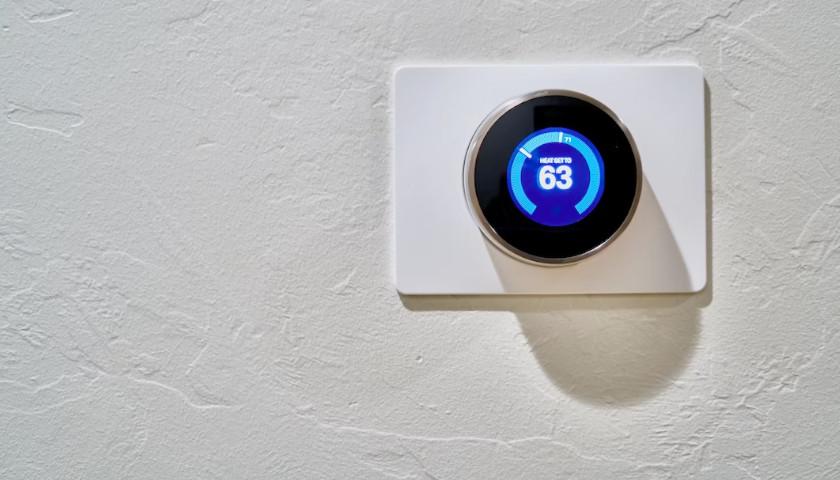by Christian Wade
Connecticut Republicans have unveiled a slate of proposals aimed at addressing rising electricity costs in the state, which they say are putting the squeeze on energy consumers.
The package of proposed policy changes, calls for setting limits on Power Purchase Agreements by utilities so that no contract can be for more than 100% over the wholesale electric market price while providing relief to ratepayers by tapping into $190 million in unspent pandemic-related federal funds to pay down rate increases.
Senate Republican Leader Stephen Harding said the proposal aims to expand energy choices and “put consumers first” while providing short and long-term relief for ratepayers.
“Connecticut ratepayers are frustrated, and rightly so,” Harding (pictured above) said in a statement. “They feel the pain every month when their electric bill comes, and that pain is only getting worse.”
The plan also calls for redefining renewable energy sources to include hydropower and nuclear power while lowering the cost of these energy sources to provide relief for ratepayers.
It would also separate the state Department of Energy and Environmental Protection from the Public Utilities Regulatory Authority and require the agencies to study ways to increase natural gas supply in the New England region and lower public policy charges off ratepayer bills and into the budget.
The proposal comes as Connecticut consumers struggle with rising energy costs, with two of the state’s largest utilities, Eversource and United Illuminating, proposing double-digit rate increases this year.
“Electricity costs in Connecticut are too damn high,” state Sen. Ryan Fazio, R-Greenwich, a member of the Legislature’s Energy and Technology Committee, said in a statement. “One reason for that is that current government policies are inflating, rather than limiting, the cost of energy for individuals and families.”
Connecticut has some of the highest energy costs in the nation, and GOP lawmakers say the higher prices this winter were tough on low- and even middle-income households and business owners.
Energy bills reflect a combination of supply prices, utilities say, which are based largely on market conditions and delivery prices, which state and federal regulators set.
Utilities point out that seasonal electricity rates are pass-through charges that only cover the cost of power, which they don’t control and are not allowed to profit from under state law.
However, House Republican Leader Vincent Candelora says state policymakers have a role to play in keeping energy costs low and ensuring consumer choices. He argues that the “hands off” approach by Gov. Ned Lamont and other members of the state’s Democratic leadership has contributed to the problem.
“The reality is that decisions made by government are a driver in the high rates we all pay — including the recently proposed increase,” he said. “What’s required right now is not only a change of approach in the legislature, but also a more aggressive posture from the governor, whose hands-off approach in the three-way squabble involving the legislature, the utilities, and his regulators has grown stale.”
– – –
Christian Wade is a contributor to The Center Square.
Photo “State Sen. Stephen Harding” by State Sen. Stephen Harding.








